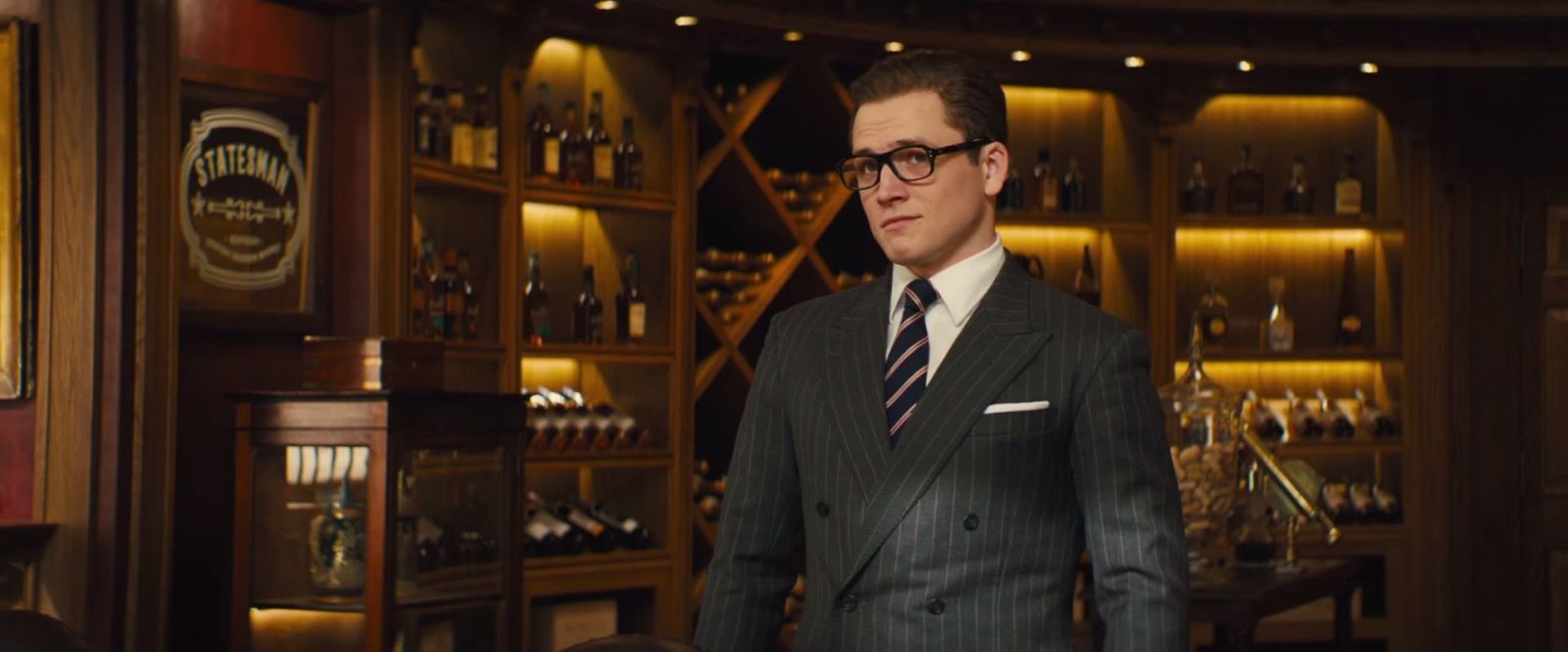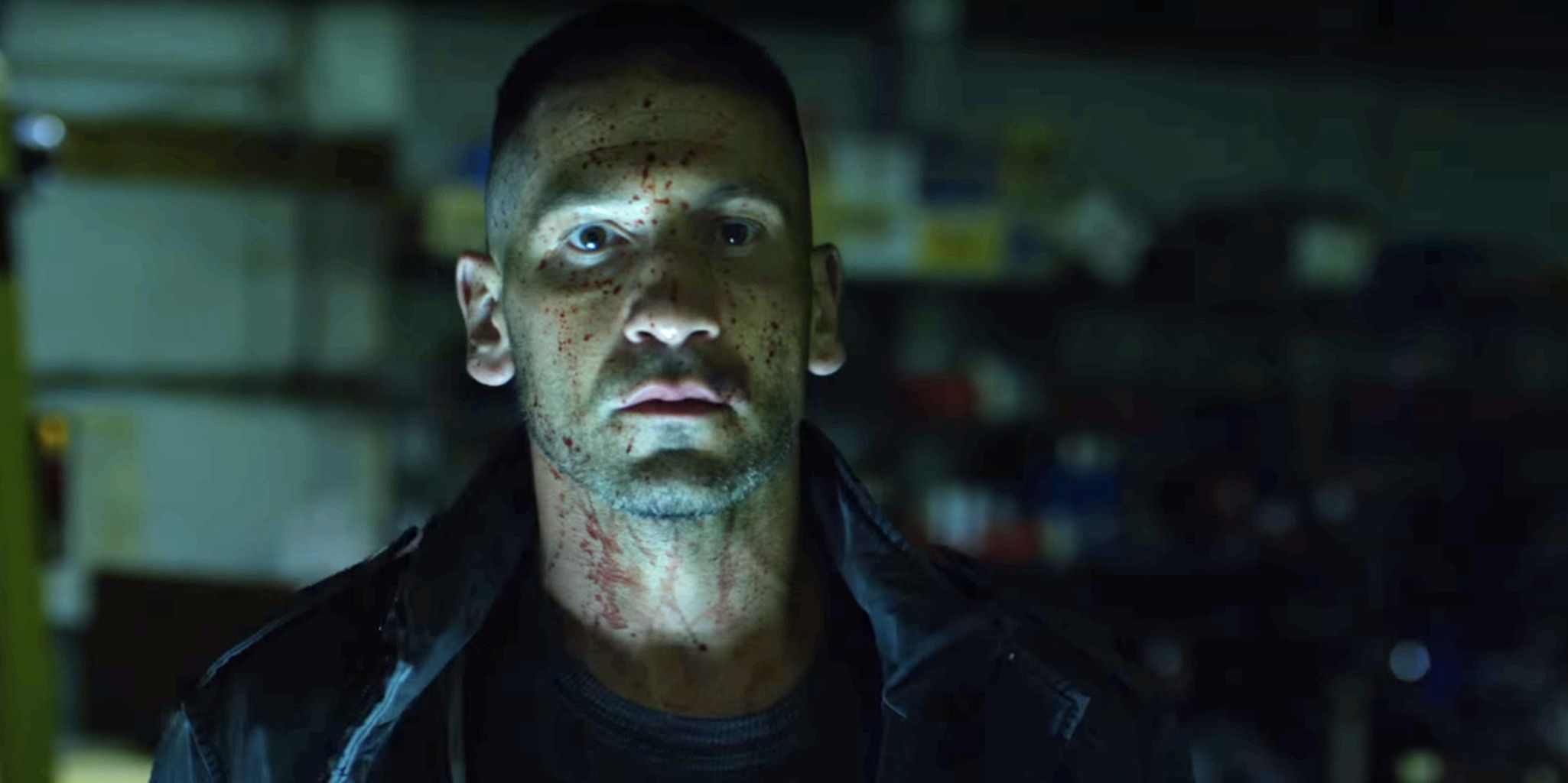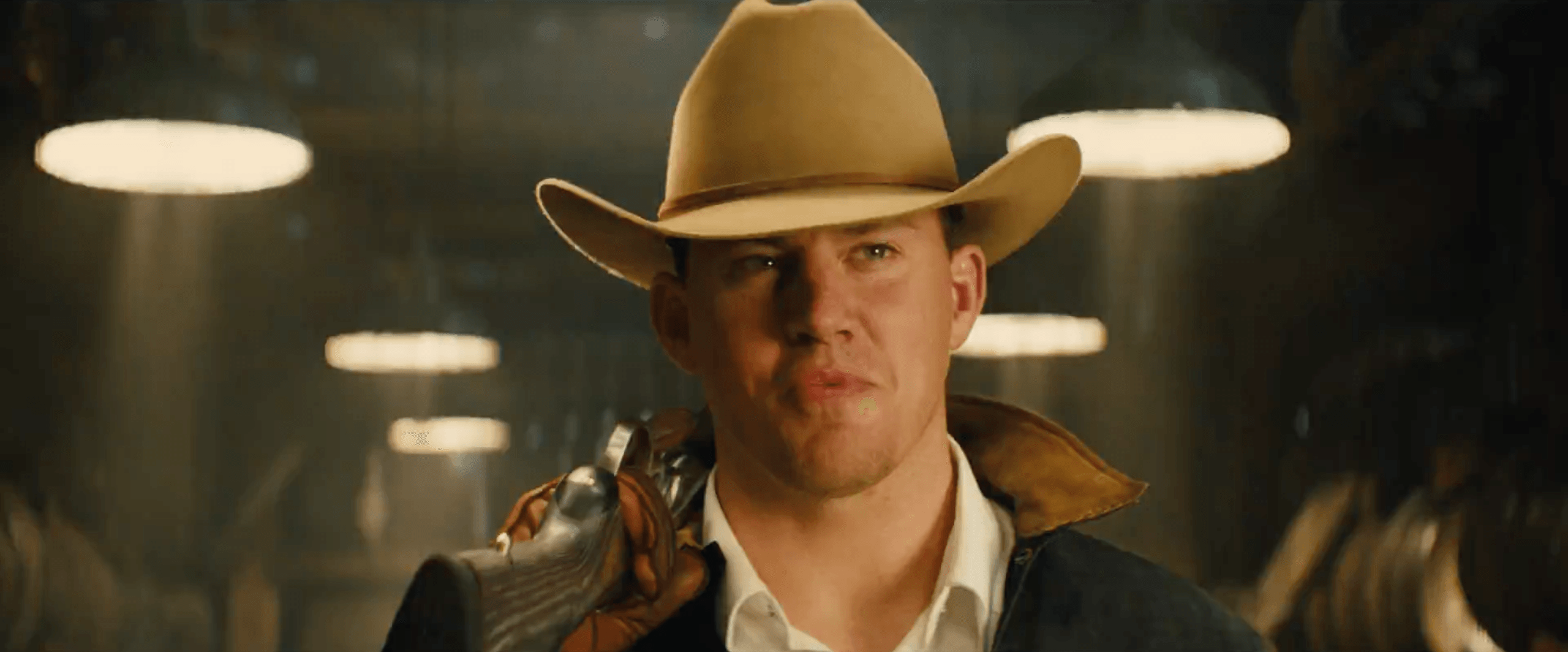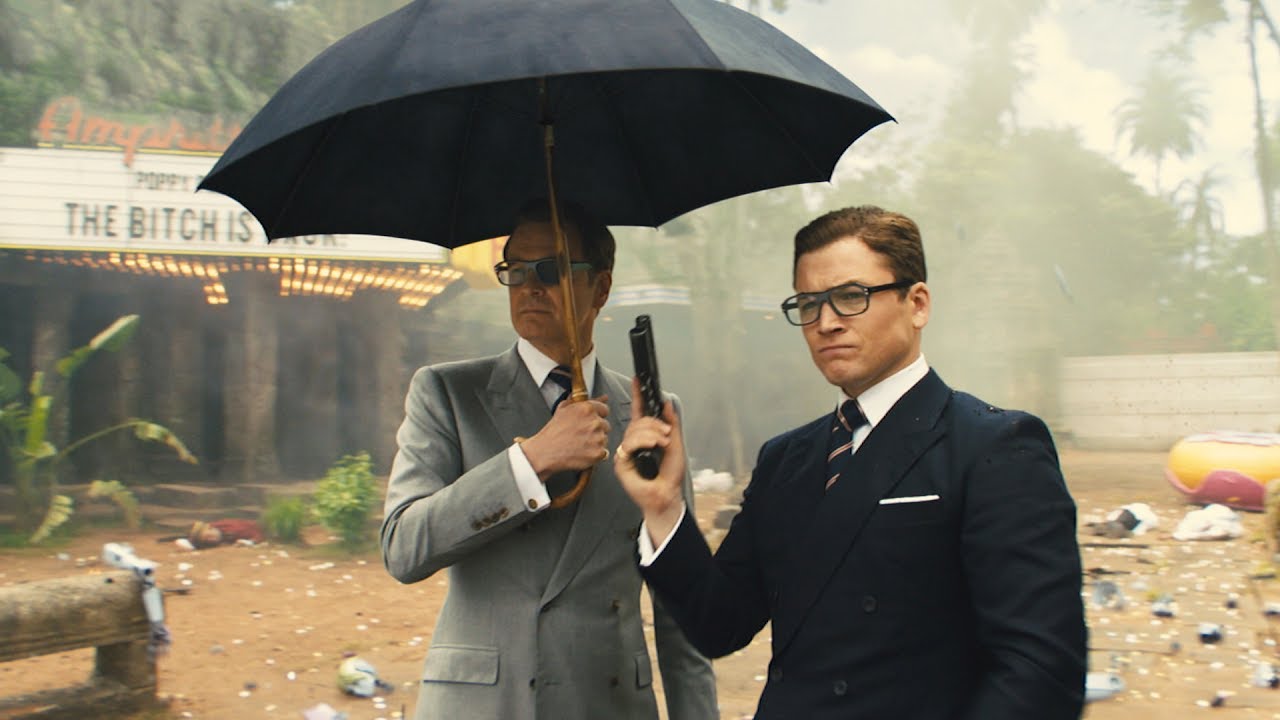I remember being shocked at how much push-back I received when talking about the completely explicit classism of the first Kingsman movie in 2014. Hopefully, now that the sequel is a gimcrack turd, we can be more honest: both the original and its 2017 sequel, The Golden Circle, are Horatio Alger stories with guns.
The Kingsmen—the film’s non-governmental secret agents, who work out of a tailor’s and whose training includes instruction on how to use what knife—are the same type of secret world order that pops up in every Mark Millar adaptation. Like the assassins from Wanted or the superheroes from Kick-Ass, they serve as a secret backbone for the world, and on that framework director Matthew Vaughn (along with his co-writer, the nauseatingly twee Jane Goldman) have hung a story of the natural superiority of the ways of the rich.

Whatever, one supposes—the first one was goofy fun, and there’s a whiff of the fascist to any superhero movie. (It absolutely is a superhero movie, a fact the score betrays; our hero Eggsy’s superpower is, basically, code-switching.) But Kingsman: The Golden Circle’s peculiar seriousness reveals how deep this belief in the Rich Man’s Burden is.
Julianne Moore—who, as a perky supervillain drug dealer, is (like Samuel L. Jackson in the first) by far the most interesting part of the movie—has secretly poisoned all her drugs, worldwide. Every person who uses drugs is now paralyzed, and will die without her antidote, which she will only release if the War on Drugs ends and all drugs are legalized.
That’s already a lot of real-world politics for something that claims to be escapist goofery. It might be that dissonance that motivates the filmmakers to slather on subplots, leaving entire half-hours of its inexcusably long runtime (141 minutes, just 20 minutes short of Solaris in length!) to wander aimlessly through betrayals and half-setpieces—anything to avoid actually talking about the War on Drugs.
 I happened to be watching an episode of The Punisher right before the film, the one in which our characters literally have a debate about gun control on the radio. It’s a truly stupid piece of media, partially because it pretends to have a serious conversation while shifting the terms. (The debate is apparently between “no guns anywhere” and “everyone has guns all the time.”) Kingsman pulls the same phony move: while pretending to be “about” drug use, it changes the terms of the debate: letting all drug users die horrible deaths or legalizing everything.
I happened to be watching an episode of The Punisher right before the film, the one in which our characters literally have a debate about gun control on the radio. It’s a truly stupid piece of media, partially because it pretends to have a serious conversation while shifting the terms. (The debate is apparently between “no guns anywhere” and “everyone has guns all the time.”) Kingsman pulls the same phony move: while pretending to be “about” drug use, it changes the terms of the debate: letting all drug users die horrible deaths or legalizing everything.
But this choice to deal with real-world issues is not a bug of the movie; it’s a necessary result of the world the series is building. Kingsman: The Secret Service, it is worth remembering, had a similar basic structure. Jackson’s Silicon Valley billionaire, in an attempt to avoid global warming and overpopulation, had a plan that revolved around releasing a rage virus around the world. Again, the specter of a very real real-world problem is raised.
But this is a natural result of separating our secret agent super-spies from a nation and a government. James Bond, obviously, was inseparable from the state for which he worked; even when he stopped international villains, it was only because Britain is in the world.
The Kingsmen instead function like a non-government organization which hovers between countries. The series is almost embarrassed at their materiality: once again, it revels in destroying the characters it has established (hope you didn’t get too attached to Sophie Cookson as “the only female agent”; she’s killed off unceremoniously 15 minutes into this). I suppose I won’t spoil which of our heroes dies in a dramatic sacrifice in the finale, but I will say it is one of the most unnecessary sacrifices in history.
The movie loves to kill off its characters because there are two forces pulling in different directions at the heart of its idea of a secret service. There is the material side, which is attached to a particular aesthetic, that of the British upper class, and the philosophical side, which is attached to the idea of governing the world—and particularly, the bodies of the “masses”.

Whatever: it’s a fart in the wind. Elton John and Julianne Moore tell each other to fuck themselves, while Colin Firth hides behind him, popping out to hit a robot dog with a bowling ball. Channing Tatum (whose role is basically a cameo, and whose Southern accent is a nightmare) basically re-enacts a scene from 21 Jump Street. It’s a big fluffy cloud of nothing, and its not worth the amount of attention one could pay it.
It should be added to Netflix, but only viewable after midnight by lonely drunks. In other words: it’s a Kingsman movie.

